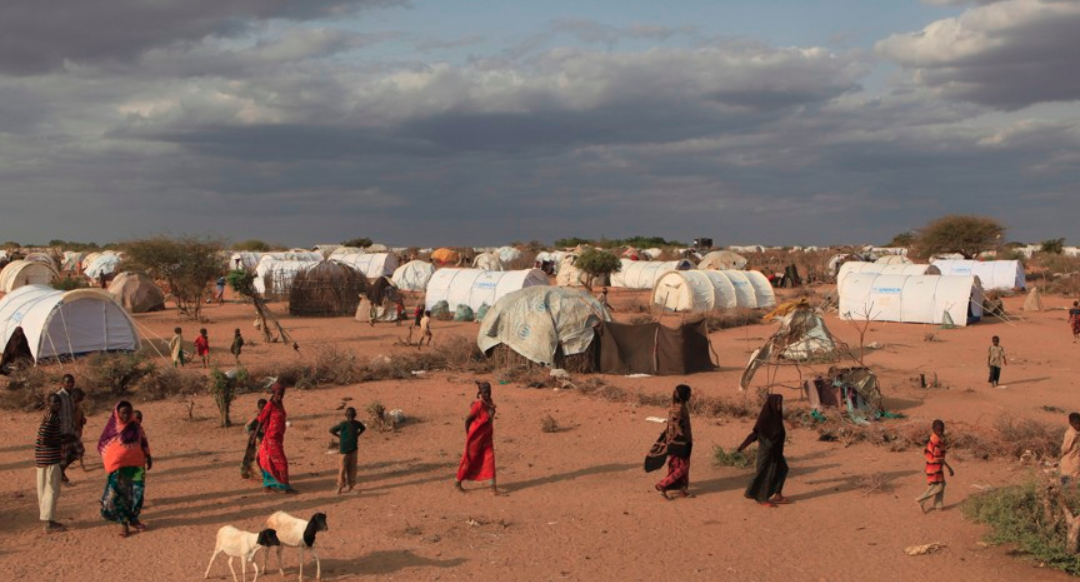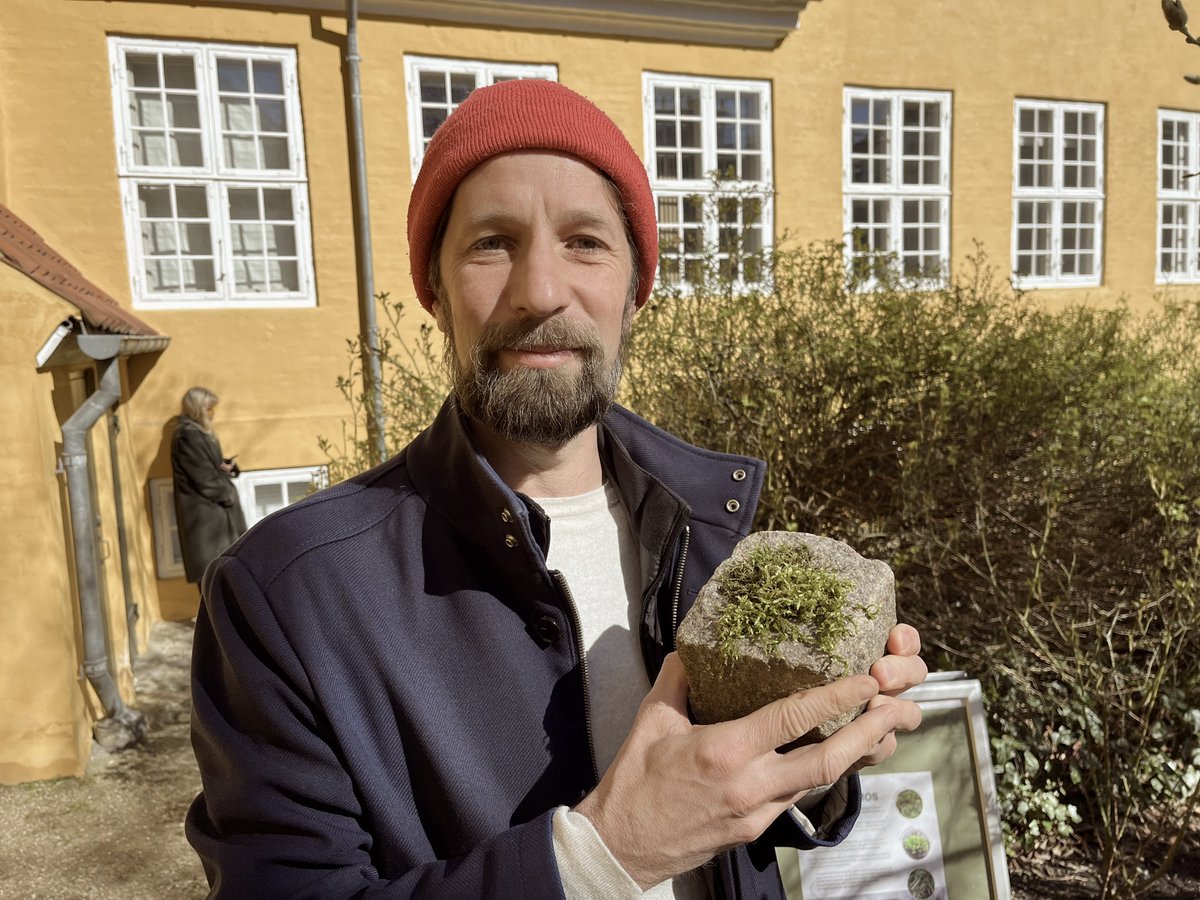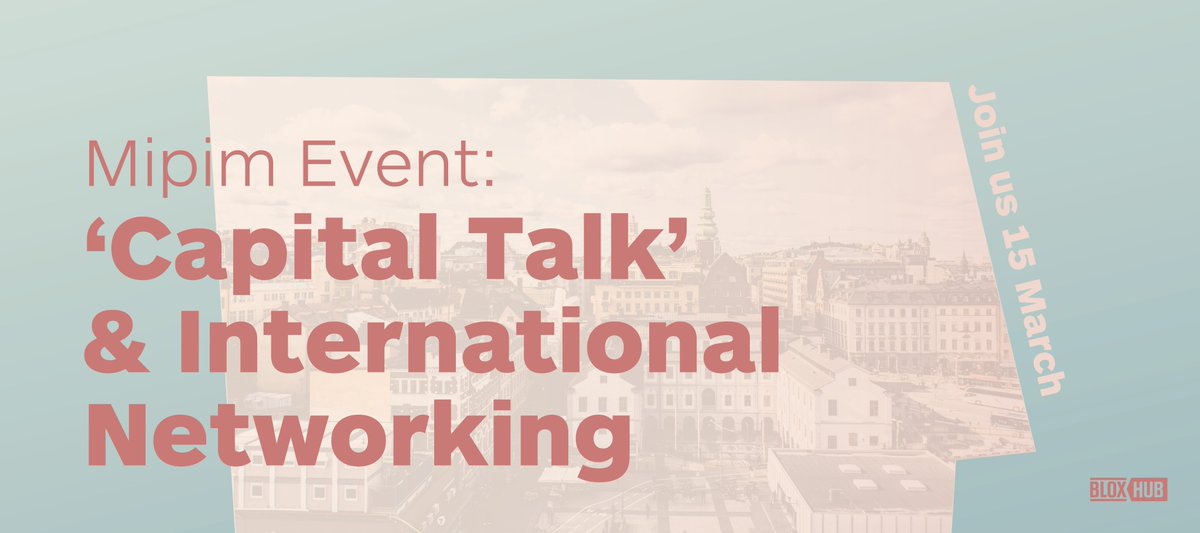WRITTEN BY KILIAN KLEINSCHMIDT
– SPEAKER AT PRIX BLOXHUB INTERACTIVE SYMPOSIUM 21-22 MAY 2019 – LINK
There is always a need to create spaces in times of distress and disaster serving the purpose of shelter and basic services for a few days or weeks. We must comprehend them as per the definition given by Oxford: “Camps – A place with temporary accommodation of huts, tents, or other structures, typically used by soldiers, refugees, or travelling people.”
They need to be understood as way-stations of people toward human settlements be it where they used to live or in new spaces; they must be short-lived and remain temporary while it remains admittedly the main challenge to define this temporariness in time.
Exile and displacement need to be seen equally in the context of societal transformation accelerated through digitalisation and access to information. The moment rural populations move into urban environments and that includes large-scale temporary spaces such as camps an irreversible transformation begins. Understanding and accompanying this transformation is essential rather than insisting on a standstill and reverse to a status ante.
Camps are the cities of the future. Informal settlements and slums are the camps of the present. More than one billion people currently live in unsafe and unsustainable urban settlements and the numbers are growing daily.
Rapid urbanization entails an increasing number of people living in similarly precarious situations, which is why, in essence, the challenge lies in overcoming the barriers between the informal and the formal sectors of the economies in question.
This is where our concept of “Sustainable Development Zones” comes in. “SDZs are designated areas with special administrative frameworks, policies, and services designed to produce inclusive economic development. They offer protection as well as humanitarian assistance and social services for refugees and other migrants, but they also leverage mass displacement for the benefit of the local population by encouraging entrepreneurship, self-sufficiency, and new investment in jobs and infrastructure” (Kleinschmidt, Rücker, Castle Miller 2018).
To create unconventional and innovative solutions to displacement challenges, conventional humanitarian and development actors have to open up to cooperation with stakeholders such as cities and municipalities, the private sector, host communities, refugees and migrants themselves. SDZs could provide a space for such collaboration promoting local ownership and agency.
This becomes possible by widening the perspective even further and by better connecting the vulnerable groups in the informal sector with the “original” residents and, in particular, formal-sector housing and employment opportunities. Making this connection depends upon a conducive regulatory and administrative environment that reduces the difficulty of acquiring housing, accessing services, finding employment, and starting and operating micro-, small-, and medium-sized enterprises (SMEs) in the formal sector.







